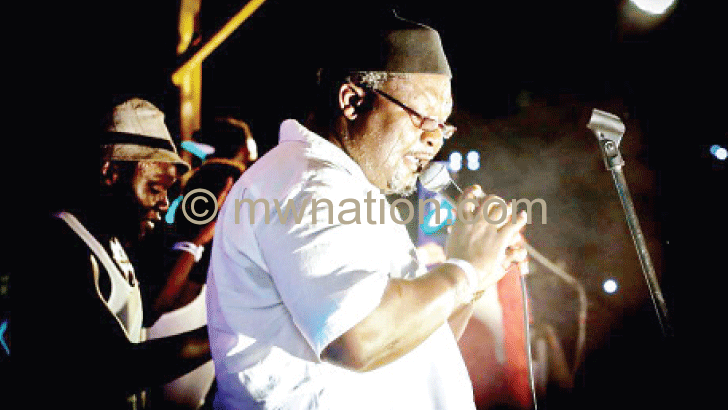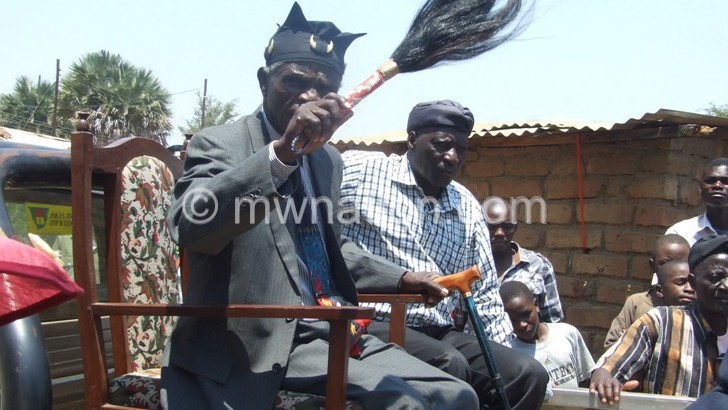Mrs Wang’s husband is not Mr Wang
 In their book 101 Stories for Foreigners to Understand Chinese People, Yi S. Ellis and Bryan D. Ellis explain that the Chinese wives are not exactly named after their husbands.
In their book 101 Stories for Foreigners to Understand Chinese People, Yi S. Ellis and Bryan D. Ellis explain that the Chinese wives are not exactly named after their husbands.
“In the Chinese mainland, almost every Chinese woman marrying a Chinese husband keeps her maiden name after marriage. This has been the custom since 1949 when the Chinese Communist Party began to rule the country.”
Interestingly, the authors argue that under communism, women and men are supposed to be equal.
In fact a popular slogan in the 1950s says that “Women hold up half the sky.”
Maintaining one’s maiden name is also a sign of women’s independence from men. Today it is less a political or social statement than it is a habit.
In contrast, however, Chinese women in Hong Kong and Taiwan will add their husband’s surname to their own so that their names begin with two surnames.
So remember that Mrs Wang’s husband is not Mr. Wang.
In Malawi, however, film maker Shemu Joyah in his recent release The Last Fishing Boat brought out the issue of the need to contain our Malawian culture in the names of women.
“The names of women in Malawi where they adopt the names of their husbands, is something we borrowed from the West. Malawians should be proud of our culture. I know where my wife comes from she is identified by her father’s name such as NyaChiume. We should be able to give credit to ourselves for such names,” he said.
The Islamic Information Bureau agrees with Joyah, by saying that in Islam, women are not supposed to adopt their husbands name.
“In our eagerness to copy the West, we Muslims have adopted many of their practices which have no basis in the Sharee’ah. And among them is the practice of a woman changing her family name to that of her husband after she gets married.
The fact is that Islam does not require woman to change her name at marriage and there is nothing in the Sunnah to indicate that a woman should take her husband’s name after she gets married.
“Actually, the Ulama tell us that this is an innovated practice that is not approved of in Islam,” reads the issue on names in part.
In an interview, Dawa Loga Lemberger of Elegant Resources said that she chose to use her husband’s name and her maiden name so she would not lose her identity.
“I felt I was losing my identity because all my legal documents such as certificates, passports were in my maiden name, Loga, but then I also had to take on my husband’s identity, that’s why I took the Loga Lemberger name,” she explained.
In the US, the story is similar. Days before the Grammys, Beyoncé Knowles announced her 2013 world tour.
“It’s called “The Mrs. Carter Show.”
In an article published in New York Magazine, it is said that it’s the first time Beyoncé has publicly referred to herself in this way; her full married name is Knowles-Carter.
Dr. Laurie Scheuble, a Penn State sociology lecturer who studies female name change, notes that the 5 to 10 percent of women who keep their names — “and that includes hyphenators” — does not account for “situational name users,” those who go by different names in different circumstances. The everyday Beyoncés.





